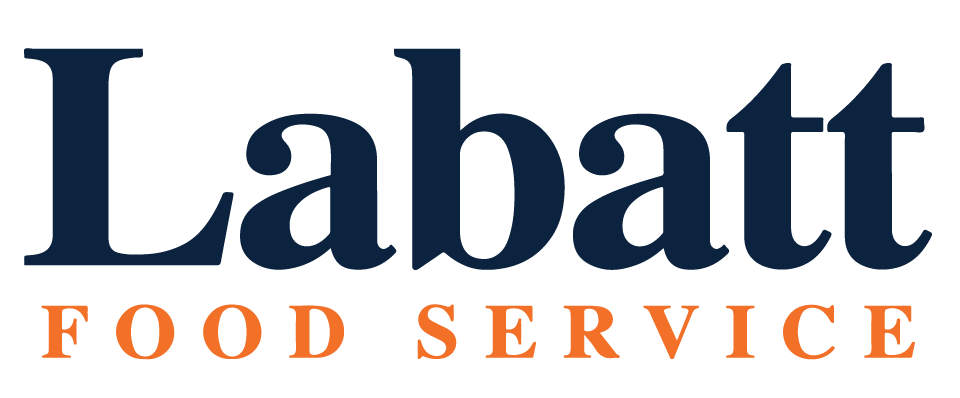ID Magazine - Don Ahr
August 1990
Margot Hoffman
Don Ahr never has to drive anywhere to get an order. He just reaches over from his armchair and picks up the phone.
“With the volume I do, that’s the only way it physically could be done,” says the veteran DSR about his phone order-taking.
Ahr, who’s known as a legend in Houston for withstanding more that 20 years of the rollercoaster Texas economy, is a rep for San Antonio-based Labatt Food Service who writes $4.5 million a year.
Perhaps the most unusual thing about this salesman is that he wasn’t born to sell.
Armed with a degree in industrial management and hopes of working in the oil industry, Ahr walked into sales through the back door. “I never intended to get into sales after college, and I’m definitely not a hard sell,” he says.
Lonstanding customer Thomas A. Birdwell, manager of a Luby’s cafeteria, agrees. “Don’s not a salesman. He just tells me he’s got a product if I want it.”
So how does Ahr sell so much? Extremely detailed product knowledge coupled with a penchant for being honest is this reps vehicle for success.
Since Ahr knows so much about what he sells, and customers completely trust him, he’s able to do all of his order-taking over the phone. Afternoons are reserved for occasional visits to accounts, research on products to fill one of his four bulging files, and product testing.
When his company gets a new product in, Ahr will ask one of his key customers to use the item and tell him how it works. Then Ahr runs extensive product experimentation.
For example, he recently tested a new shortening. In the kitchen, with a technician from the shortening company, a food-to-fat ratio test against the product the customer had been using was conducted. Additionally, Ahr had prepared exact cost per serving and yield information on the product. After running the test and completing the research, he felt he was ready to recommend it to other accounts.
This is where the honesty aspect of the equation comes in: customers know that if Ahr recommends a product, it must be good. Another Luby’s manager, Max Hamilton, says, “He knows our needs so well, I always listen to his suggestions,”
“If he tells me he has a case of green beans that costs 75 cents more, but yields more product, I know he’s sat down and drained the water himself and weighed the product,” Birdwell says.
As for his survival through the vagaries of the Texas economy, Ahr says, “I started with my customers in 1970 and have just grown with them since then. My sales never slowed down more than 10 percent.”
Ahr’s main customers are two chain accounts. He started with Luby’s when it had three cafeterias in his territory; the chain is now up to 34 units.
“I always treat everyone at accounts, from the junior managers on up, the same,” Ahr says. This attitude has paid off since many of these junior managers now head operations that Ahr sells to.
The stress in Ahr’s selling is on account penetration. He constantly tries to sell more rather than look for new accounts. Ahr seeks increased penetration by using his extensive product knowledge.
“Ahr goes into a restaurant and knows exactly which ingredients went into what he is eating. He can taste each ingredient,” Birdwell says.
Using this skill during his frequent dining at customers’ operations, Ahr might realize, for example, that a different kind of yeast might be beneficial to an operation. Then he checks his files and can explain to the customer the applications of a dry or wet yeast.
“Product knowledge gives me confidence in selling,” Ahr says, and his honesty seems to tie up his deals.
